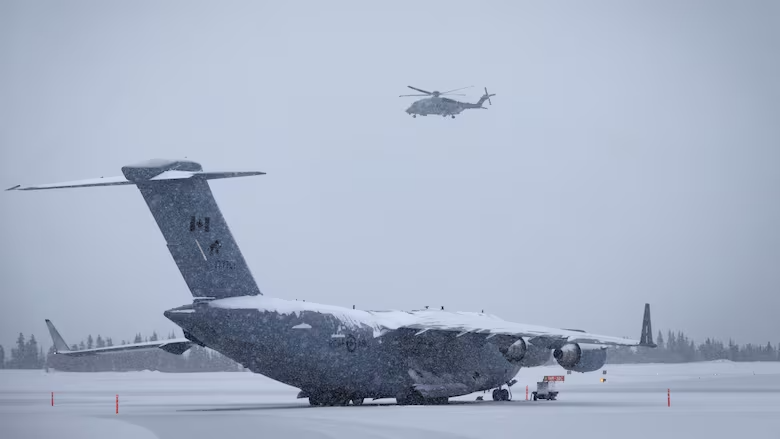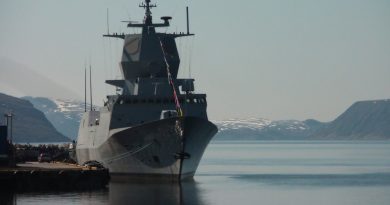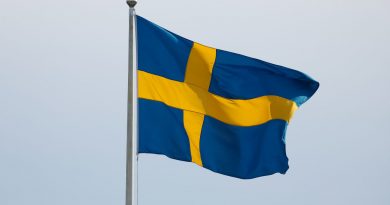AFN demands Yukon First Nations treated as equals in defence, security planning

New report charts course for inclusive defence planning built on atoning for past harms
The Assembly of First Nations (AFN) is demanding the federal and territorial governments consistently involve affected communities in Northern defence and security while challenging notions of what those issues constitute.
A new report from the AFN’s Yukon chapter states that for too long Yukon First Nations have been relegated to the sidelines when national defence needs to accommodate sovereignty and modern treaties, not undermine them.
“While [First Nations] have not been entirely excluded from defence policy, it is accurate to say that their governance roles and legal rights have not been fully activated within Canada’s current defence landscape,” the report states.
“Yukon First Nations are not passive stakeholders, but essential decision-making partners with the knowledge, jurisdiction, and the lived experience needed to guide security planning in their territories.”
The report, published earlier this week, includes 12 recommendations aimed at the federal and Yukon governments. They include establishing information-sharing protocols with First Nations, dedicating defence funding for each First Nation to address capacity issues and shoring up the territory to address climate change impacts.
Balloon incident
Kluane Adamek, outgoing regional chief of the AFN, said the federal government has historically acted unilaterally, a problem that reared its head a couple years ago during the downing of a suspected balloon over the traditional territories of the First Nation of Na-Cho Nyäk Dun and the Tr’ondëk Hwëch’in First Nation.
The report states the issue represented a serious communication breakdown that flew in the face of First Nations’ sovereignty.
“I think ultimately it’s like nothing for us without us,” she said. “So, you know, together in partnership, true partnership, we can build a North that is safe and strong and sovereign on our terms.”
Not only must First Nation governments be immediately notified of threats but also must have equal say in decision making, the report states.
“The incident highlighted a critical failure in communication and the systemic exclusion of First Nations governments from decisions that directly affect their lands, people, and safety,” the report states.
Climate change
While Canada seems focused on military might and sabre rattling, climate change remains the most pressing threat facing the North, the report states.
Taking an expanded view of security in the North includes food security, access to the land, climate resilient infrastructure and the affirmation of First Nations’ rights.
Adamek said First Nations are leaders in emergency response, noting the Canadian Rangers and Yukon First Nations Wildfire, which incorporates traditional knowledge into emergency management.
This makes it necessary for Ottawa to better resource those efforts and incorporate traditional knowledge.
“Things are changing so rapidly that it is really important to ensure that, you know, government and industry is respecting and understanding how important those voices and that expertise is,” she said.
Alaska Highway legacy
The Alaska Highway was built during the Second World War by the U.S. Army Corps of Engineers without consultation or consent from Yukon First Nations.
“Yukon First Nations bore the immediate and long-term impacts: communities were displaced, sacred sites desecrated, and traditional lands and food sources damaged or destroyed,” the report states.
“While the public narrative celebrates speed, scale, and nation-building, many Yukon First Nations remember this moment as one of destruction, dispossession and deep loss.”
The AFN is now calling on Canada to atone for the legacy of the highway. That looks like the federal government acknowledging wrongs, taking accountability and commemorative projects that speak to the legacy of the highway.
“For many Indigenous rights-holders, this acknowledgement is required to reimagine northern security and sovereignty in ways that are rooted in truth, respect, and shared responsibility. Without it, efforts at partnership will remain fragile,” the report states.
Adamek said the key is coming up with plans that are built upon consensus and consent.
“Are there ways that those could be sort of joint efforts and then embark on a path and a plan that is done in collaboration and mutual partnership as opposed to, you know, governments coming in and building huge infrastructure and really not considering what type of impacts could be had on a nation and on people?”
MP Brendan Hanley told CBC News the report will help serve as a blueprint for next steps.
“Arctic sovereignty is so much more than defence,” he said. “It’s about reclaiming and protecting our land and everything that comes with it, including the economic development, the protection of vital areas for biodiversity, the protection of culture and heritage, language.”
Related stories from around the North:
Canada: More soldiers, more money. Canada’s top soldier extols benefits of spending boost, CBC News
Denmark: Denmark to expand Arctic surveillance with purchase of long-range drones, Reuters
Greenland: Europeans step up Arctic diplomacy amid U.S. and global pressure, Eye on the Arctic
Finland: Finland hails plan for allies to join NATO land forces in North, The Independent Barents Observer
Iceland: Europe’s Von der Leyen strengthens Arctic security ties with Iceland during visit, Eye on the Arctic
Norway: Amid Norway’s celebration of Svalbard Treaty comes another verbal attack from Moscow, Reuters
Russia: Russian pilots learn to target long-range drones in Barents Sea combat drill, The Associated Press
Sweden: Nordic-Baltic region joins forces around Sweden’s CV90, The Independent Barents Observer
United States: Trump-Putin summit on Ukraine is latest chapter in Alaska’s long history-and tension-with Russia, The Associated Press



